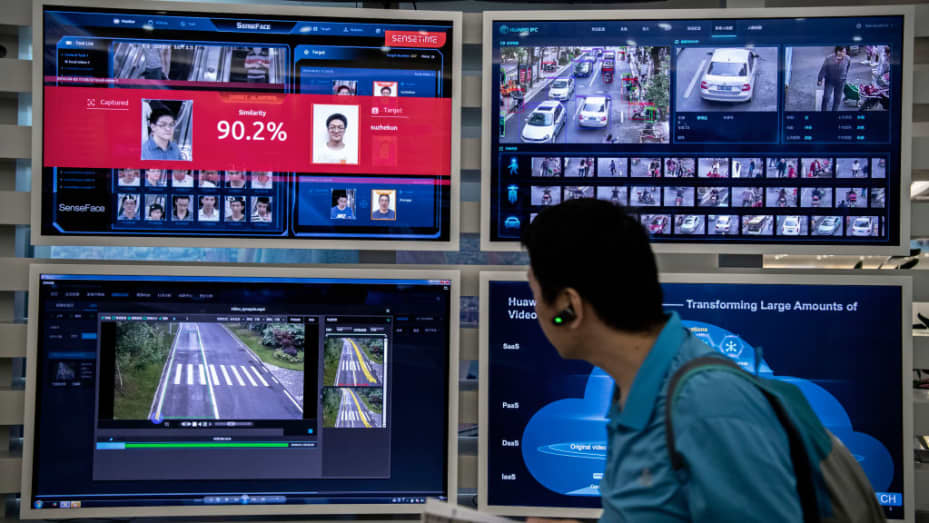Freedom of expression reaches a new low with the Chinese government currently taking exception to innocuous likes on the social media.
For, the Cyberspace Administration of China has drafted new regulations, effective December 15 last year and replaced previous versions of 2017, in which ‘likes’ have been linked to ‘comments’ and ‘responses’ on the internet.
The Cyberspace Administration of China is the government agency to monitor, control and censor communication on the social media platforms and internet.
A surge in traffic on the internet, replete with posts containing anti-government views following recent protests across China and the ongoing anti-pandemic policies, caused considerable discomfort to the Chinese authorities.
Chinese firewalls and censorship mechanisms swung into action to scrub those posts from public domain to check further propagation. To cap it all, detention, arrest and intimidation by local Public Security Bureaux of netizens followed, the most-used means of subversion by the Chinese government.
DRACONIAN NORMS
“The comment service referred to in these provisions refer to internet websites, applications and other websites with public opinion attributes or social mobilisations capabilities. The comment, reply, message, bullet screen, like etc, to provide users with the text, symbols, expressions, pictures, audio and video information services”, as per the provisions of the Chinese government.
“At the same time, the provisions require “establishing and improving the information security management system, such as, the review and management of posted comments, the real-time inspection, emergency response, report acceptance and so on, discover and deal with illegal and unhealthy information in a timely manner, and report to the internet information department,” it added.
The central leadership perceived that the recent protests and demands, which snowballed into slogans against China, did not well up entirely from anti-pandemic frustrations. It has realised, albeit tacitly, that the dissenting voices have given way to a much wider scope.
It swiftly reacted by flooding the Chinese state media repeatedly with articles eulogising China’s outlook and contributions to human rights and CCP’s commitment for respecting and protecting human rights.
However, the protestors upped the ante by demanding civil liberties, freedom of expression and human rights, in addition to pouring scorn on Chinese president Xi Jinping. As a result, Chinese social media and various internet platforms were deluged with views, comments, likes and posts.
STAGE-MANAGEMENT
The Chinese government played the protest down to Covid restrictions and socio-economic hardships, to deviate the people’s bile away from the fountainhead of all follies, that is, its coercive state machinery. Accordingly, the leadership stage-managed by easing Covid restrictions and lifting lockdown in various regions, though what transpired on the ground level remains an enigma.
On one hand, the relaxations are viewed as breathers to help the people vent out pent-up feelings and emotions. On the other, the government’s tacit capitulation pointed out what had sent alarms to the central leadership, as exemplified in the anti-government and Xi-bashing comments. The relaxation was all a ploy to distract the attention in general, lest the issues people rail against do not end up becoming rallying points.
The regulations, yet to hit different strata of the Chinese society, would go a long way in tolling death knell to the movement for freedom of expression and liberties.
Interestingly, apart from the protests, a foreign hand is also conjured up to fashion the restrictions towards strengthening the grip of censorship on net and netizens alike.
How China deals with like-offensives, on the lines of thought-crimes apparently manifest in comments and responses, now pushes the game of censorship entirely to a new level of repression.

Leave a Reply